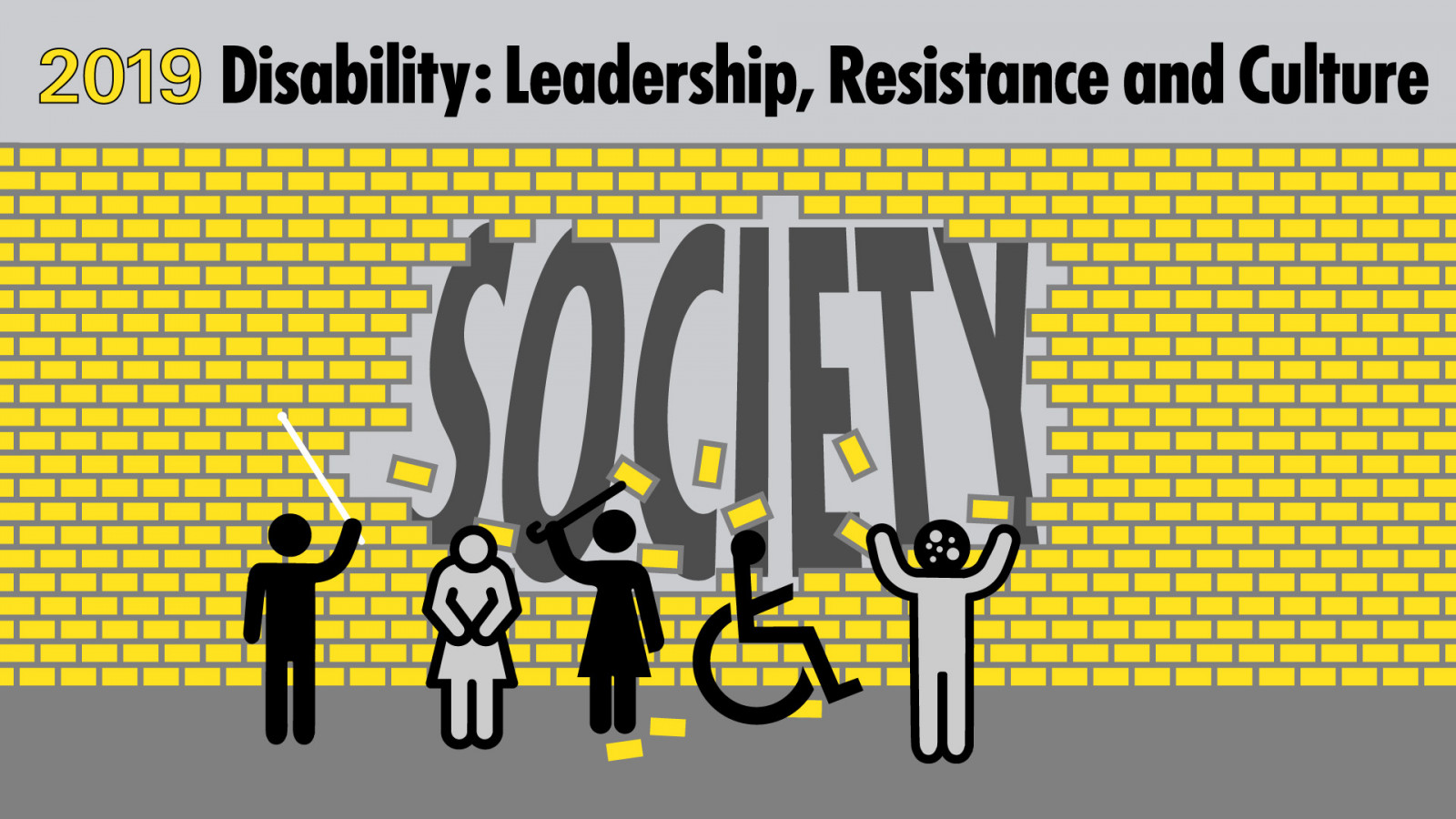Disability History Month: Leadership Resistance and Culture
Back to all

Zibiah Loakthar, our Cuimhne Coordinator writes:
Disability History Month (UKDHM) runs from 22 November 2019 to 22 December 2019. It is an opportunity to reflect on the struggles and achievements of the disability rights movement in campaigning for equality. But more than reflection, it is an opportunity for each of us to take action!
In UKDHM, individuals and organisations renew, or newly make, commitments to raise awareness of the unequal position of disabled people in society and to advocate for disability equality.
Irish in Britain is committed to inclusion of disabled people all year round. Dementia has been classified as a form of disability. Our Cuimhne campaign focuses specifically on social inclusion of people living with dementia in our communities.
There are different ways of viewing disability. Irish in Britain adopts the social model of disability where we see disablement as socially created. Disabled people may have impairments that can cause discomfort, pain or shorten life, but it is the barriers that people encounter, including negative attitudes and prejudice, that disable people. As a community, we can take action to help remove these barriers. If you would like to talk through actions that you and your organisation may be able to look at taking to help break down barriers that may disable people please get in touch champions@irishinbritain.org
This year the focus of UKDHM is upon disabled leaders throughout history and the struggle for acceptance.
In the world of political power, looking back through time, there have been Irish leaders with visible disabilities. Arthur MacMurrough Kavanagh (1831– 1889), born in County Carlow, was a member of parliament for 14 years. He became the leader of the Unionist MPs from Ireland. Born without arms or legs, Kavanagh was carried to the Chamber for debates. More recently, Brian Crowley (born in 1964) served as a Member of the European Parliament (MEP) for the South consistency from 1994 to 2019 and as a Senator from 1993 to 1994, after being nominated by the Taosieach. Brian is a wheelchair–user as a result of an accident he suffered at age 16.
Of course, not all disabilities are easily visible. Just as disabilities such as dementia and deafness and dyslexia may not always be noticed by others, so too sometimes barriers to participation are not easily visible to those who do not experience the barriers directly.
Those of us holding positions as charity trustees and company directors are in leadership roles. By examining the practices in our own organisations and the make–up of our own committees and boards, we may find there may well be more steps we can take to make sure disabled people feel able to stand for and take up these positions of leadership if they wish.
We need to remember that we may not be able to spot all of these barriers by ourselves. Good leaders listen and consult. It is good practice for organisations to review their policies and procedures regularly to make sure they continue to serve their purpose well. It is important to consult not simply those who attend activities and events about their experiences, but also those who do not attend, to understand what policies and practices may need some rethinking in order be truly socially inclusive. Some boards and committees create a designated role of Equalities or Inclusion Officer to help lead in this area.
In our community organisations, we do not need formal positions on boards and committees, or authority from others in order to be able to be leaders. Each of us can speak up as or with disabled people to promote thinking on social inclusion and action on disability equality and in doing so show good leadership.
The motto “nothing about us without us” is key for many disability rights groups and with our own Cuimhne work at Irish in Britain. Speaking up as or with disabled people is very different from speaking up on behalf of disabled people. The strongest organisations are those with leaders that listen but also those whose policies and practices enable people to be able to speak up with their own voices and be heard.